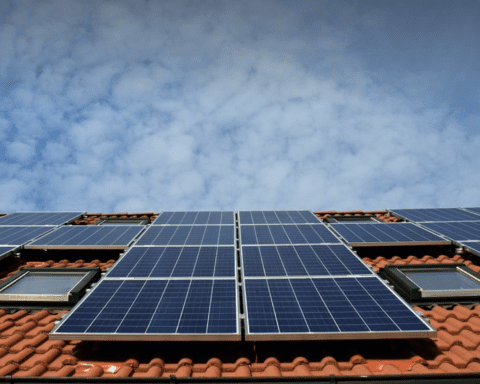Solar energy has long been touted as a clean and renewable source of power, but now researchers at the University of Cambridge have found a way to harness its power to convert plastic waste and greenhouse gases into sustainable fuels and other valuable products.
The team developed a solar-driven technology that can convert two waste streams into two chemical products at the same time – a first for a solar-powered reactor. In tests, the reactor converted carbon dioxide (CO2) into syngas, a key building block for sustainable liquid fuels, and plastic bottles into glycolic acid, which is widely used in the cosmetics industry. The system can easily be tuned to produce different products by changing the type of catalyst used in the reactor.
The researchers developed an integrated reactor with two separate compartments: one for plastic, and one for greenhouse gases. The reactor uses a light absorber based on perovskite – a promising alternative to silicon for next-generation solar cells.

“Converting waste into something useful using solar energy is a major goal of our research,” said Professor Erwin Reisner from the Yusuf Hamied Department of Chemistry, the paper’s senior author. “Plastic pollution is a huge problem worldwide, and often, many of the plastics we throw into recycling bins are incinerated or end up in landfill.”
“A solar-driven technology that could help to address plastic pollution and greenhouse gases at the same time could be a game-changer in the development of a circular economy,” said Subhajit Bhattacharjee, the paper’s co-first author.
The results of this research were reported in the journal Nature Synthesis, and it opens up the possibility of using solar energy to create sustainable and valuable products from waste materials, a significant step in transitioning to a more circular economy.
Article published by the University of Cambridge: “Solar-powered system converts plastic and greenhouse gases into sustainable fuels“




